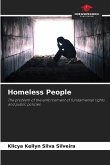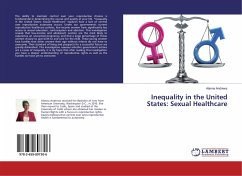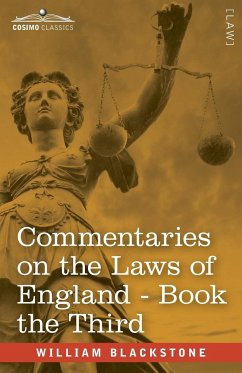The aim of this book is to examine, albeit briefly, the possibility of the atypical nature of abortion up to the third month of pregnancy, according to a constitutional interpretation. To this end, a study is made of the criminalisation of abortion and its legal and jurisprudential exceptions. This analysis is intended to contribute to the discussion on abortion, given that the differences between banning and releasing abortion are basically based on moral, philosophical and, above all, religious values and, with regard to the right to life, it is of fundamental importance to question the rights of the individual in a broad way, since everyone is generally protected by the state. The criticism of this work consists of treating the right to life as a supreme value and using this "sacredness" to the detriment of the woman's right to autonomy of will, but at the same time condoning the abortion of a foetus that is the result of rape, as if the life in question wasn't "sacred" enough. What we can see, at first, is that there is a big gap in the understanding and use of these principles within the country's legal system, and in view of this we are looking for a possible elucidation.
Bitte wählen Sie Ihr Anliegen aus.
Rechnungen
Retourenschein anfordern
Bestellstatus
Storno








